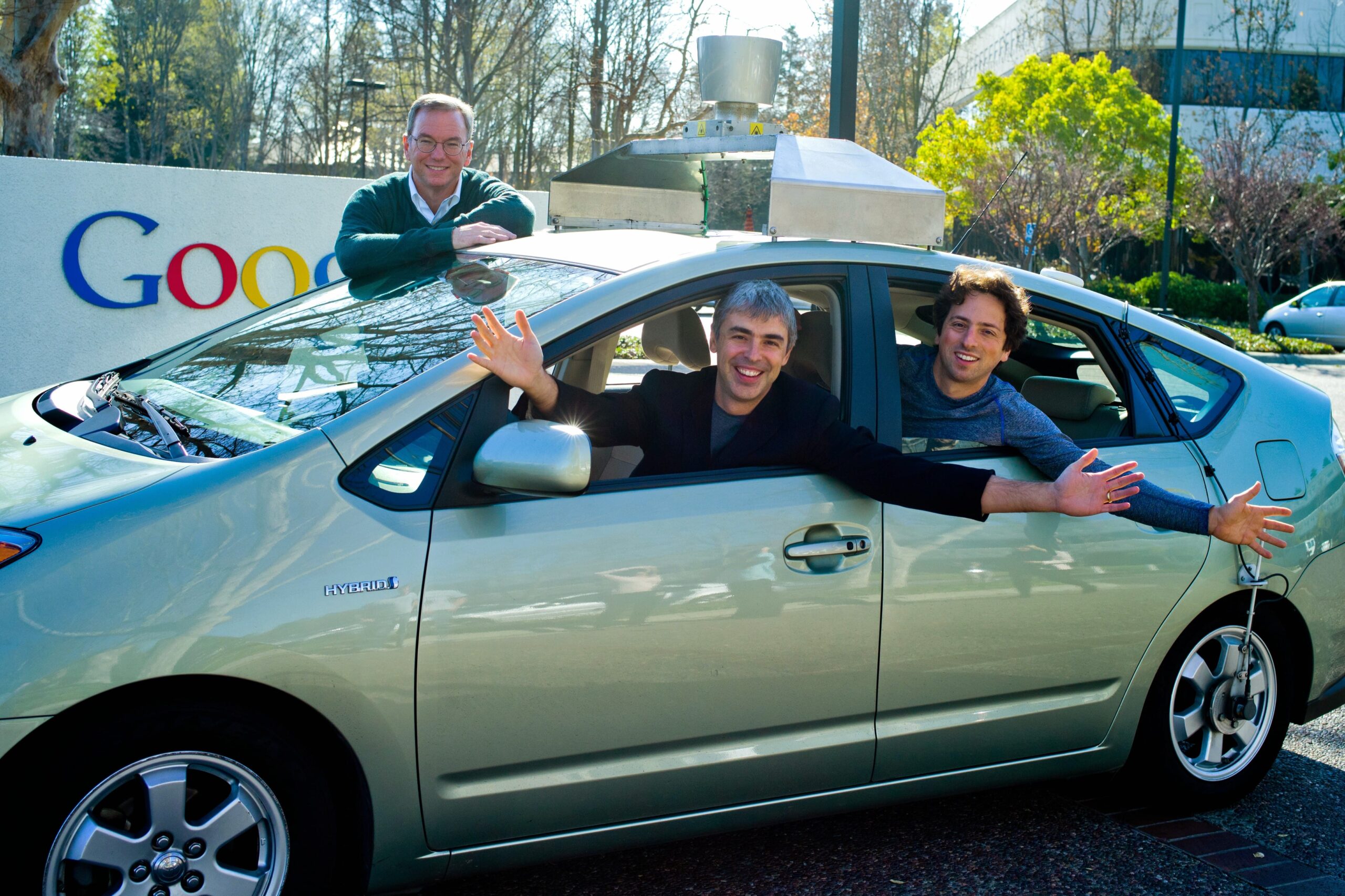I think we all know that Google is an outlier in business, but we can’t help comparing ourselves to them. They’re like the popular kid in high school who has looks and money and seemingly everything going for them. But the same lessons we learned then apply now: Stick to your own unique strengths and learn the value of delayed gratification. If you try to be too much like the cool kid, you’ll probably end up looking silly and ultimately fail. And, as is often the case, they aren’t the best role model.
The problem is not that Google built a successful search and advertising business. It’s not that the company basically has this printing press that throws off billions and billions of dollars in cash. It’s not that the company is trying to keep growing, as every business does. No, it’s their approach to growth that is the problem in my opinion. As Chairman Erick Schmidt told Business Insider:
“Most companies ultimately fail because they do one thing very well but they don’t think of the next thing, they don’t broaden their mission, they don’t challenge themselves, they don’t continually build on that platform in one way or another. They become incrementalists. And Google is very committed to not doing that. We understand the technological change is essentially revolutionary, not evolutionary.”
What this means is that Google is trying to catch lightning in a bottle again: They are desperate to create the next billion-dollar business. However, history is not in their favor. Few companies have ever come up with a billion-dollar idea twice in a field unrelated to their initial success. Just look at the turnover on the Fortune 500 list: More than half the companies that were listed in the Fortune 500 in 1995 were not on the list in 2007.
Their quest is causing Google to act in unusual ways. The company is certainly making good on Schmidt’s promise not to be incrementalists with its “moonshot projects” such as self-driving cars and smart contact lenses. Yet it remains to be seen if any of their futuristic projects will really be a driving force for growth or simply an entertaining distraction from the company’s core business.
Their use of “objectives and key results” (OKRs) is laudable, but having too many goals that are just pipe dreams is no way to run most businesses. In other companies, employees would not last long if they did not achieve more than 30 percent of their goals. In addition, many employees at Google do not have real job descriptions but are simply trying to come up with a brilliant idea.
I’m all for job flexibility and a healthy R&D practice, but most companies cannot afford to behave like Google. Many of us are just trying to make payroll. We need to have predictable cash flow. Excess revenue is put towards growing the business in a responsible way. We cannot go around chasing unicorns.
So no, you cannot and should not run your business like Google. Sure, their excess cash is a problem we’d all like to have, and I hope Google does come up with the next billion-dollar idea. In the meantime, the rest of us must continue to live in the real world.






0 Comments
Trackbacks/Pingbacks